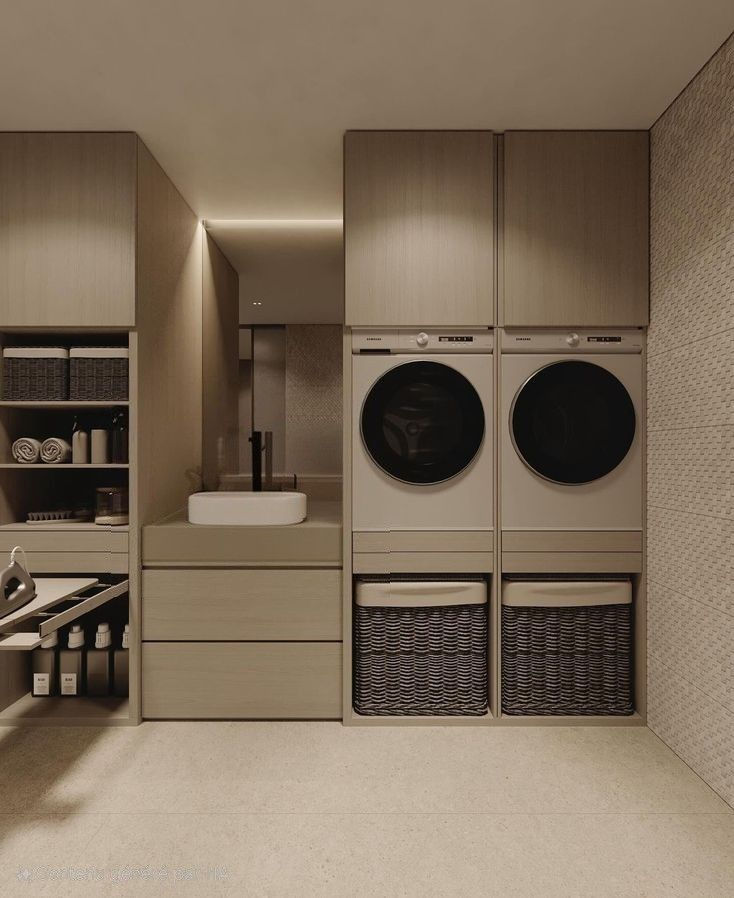How to Handle Noise Complaints in Your Vacation Rental
- Jenny Kakoudakis

- Nov 22, 2024
- 4 min read
Noise complaints can be a challenge for vacation rental hosts, especially when your property is nestled in residential neighborhoods or areas with strict noise vordinances.
Handling these complaints effectively is essential to maintaining positive relationships with neighbors, protecting your property’s reputation, and ensuring a smooth guest experience.
Whether you are an experienced or beginner host of a rental property, here’s how you can address noise issues in your vacation rental before they escalate.

Set Clear Expectations for Guests
Start by establishing house rules that outline your expectations for noise levels.
Be specific: mention quiet hours (e.g., 10 PM to 7 AM) and note any local regulations guests need to follow. Include these rules in your property listing and guest communications so there’s no ambiguity.
Upon check-in, consider reminding guests of the rules, especially if you know the property is in a sensitive location. A friendly tone goes a long way—positioning the rules as a way to maintain peace and enhance their stay can make guests more receptive.
Use Technology to Monitor Noise Levels
Technology can help you stay proactive. Devices like noise monitors don’t record conversations but track decibel levels, alerting you when they exceed a preset limit. These tools are particularly useful for detecting potential issues without invading guests' privacy.
If you decide to use such a device, make sure to disclose its presence in your listing. Transparency builds trust and reassures guests that their privacy remains intact.
Encourage Open Communication with Neighbors
Building a good relationship with your neighbors can make a world of difference. Let them know you’re proactive about noise control and provide them with a direct way to contact you if issues arise.
This approach helps you address problems in real-time and prevents situations from escalating. Neighbors are more likely to appreciate your efforts when they know you’re taking their concerns seriously.

Have a Response Plan Ready
When a noise complaint arises, being prepared is crucial. A quick and calm response can prevent the situation from spiraling out of control.
If a neighbor contacts you, thank them for bringing the issue to your attention and assure them it’ll be addressed promptly. Then, reach out to your guests with a polite reminder about the noise rules. Sometimes, a gentle nudge is all it takes to resolve the issue.
For situations that require more intervention, consider having a local contact or property manager who can visit the property if needed. This hands-on approach can be invaluable, especially if you manage the rental from a distance.
Provide Alternatives for Entertainment
To minimize noise issues, consider equipping your rental with alternatives that encourage quieter activities. Indoor games, streaming services, or outdoor seating areas designed for conversation can keep guests engaged without causing disturbances.
If your property is family-friendly, include items like board games or books to keep younger guests entertained. Thoughtful amenities can naturally reduce the likelihood of disruptive noise.
Leverage Professional Tools and Services
Managing noise complaints can be time-consuming, especially if you’re juggling multiple properties. Utilizing tools like vacation rental software can help streamline guest communication and automate reminders about house rules, including noise guidelines.
By reducing your manual workload, you’ll have more time to focus on maintaining a positive experience for both guests and neighbors.
Update Your Listing as Needed
If noise complaints persist, it might be time to reassess your property’s suitability for certain types of bookings. For example, restricting large group reservations or explicitly stating that your rental isn’t a party house can help filter out guests who may not align with your property’s environment.
Adjust your listing description to emphasize the peaceful nature of your rental and the importance of respecting the surrounding community. These changes can attract guests who prioritize a quiet, relaxing stay.

Know When to Involve Authorities
In rare cases where guests refuse to cooperate and the noise escalates to an unmanageable level, you may need to involve local authorities. Before reaching this point, ensure you’ve exhausted all other options and documented your efforts to address the issue.
While it’s not an ideal scenario, prioritizing the well-being of neighbors and protecting your property’s reputation is essential.
Preventing Complaints Before They Happen
Preventative measures are often the best way to handle noise issues. Invest in soundproofing where possible—thicker curtains, rugs, and even noise-dampening panels can help reduce the transmission of sound.
Additionally, consider the type of guests you’re targeting. Families, business travelers, or couples are less likely to cause disturbances compared to groups looking for a party-friendly environment.
Tailoring your marketing strategy to attract these types of guests can significantly reduce noise-related problems.
Conclusion
Noise complaints can feel daunting, but they’re manageable with a proactive and thoughtful approach. Setting clear expectations, fostering open communication, and leveraging tools like vacation rental software can help you stay ahead of potential issues.
By prioritizing the comfort of your guests and the peace of your neighbors, you’ll create a rental experience that’s harmonious for everyone involved. Handle complaints with care, and your property will continue to thrive as a desirable destination for travelers.

Jenny Kakoudakis likes to blog about interiors. She launched award-winning Seasons in Colour in 2014 and the luxury interior design blog All The Pretty Homes in 2024. When she is not chasing criminals out of the financial system (her day job), she gets creative by redecorating her own home.


